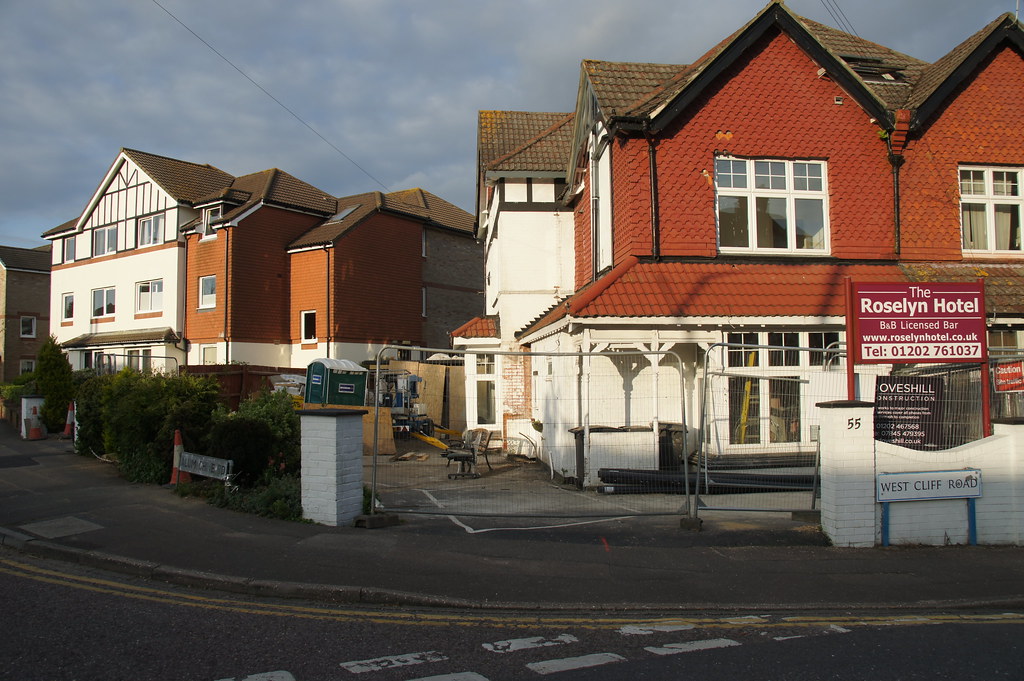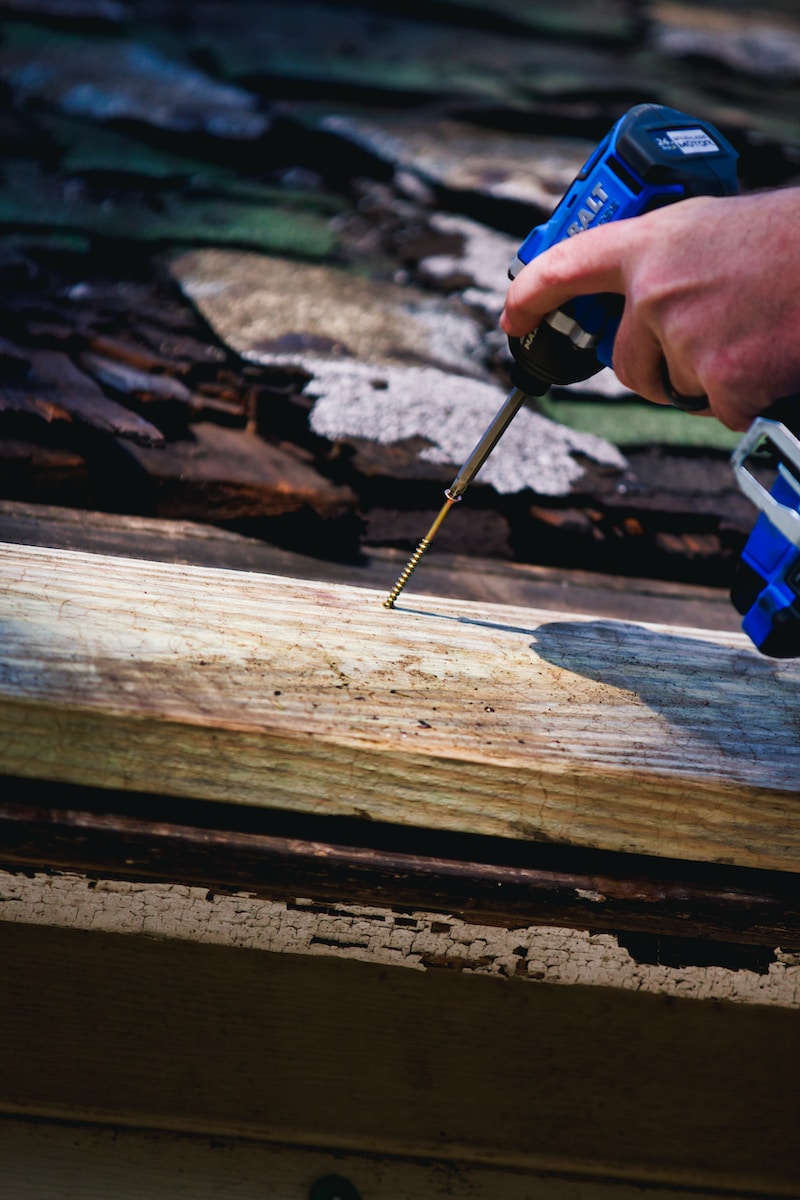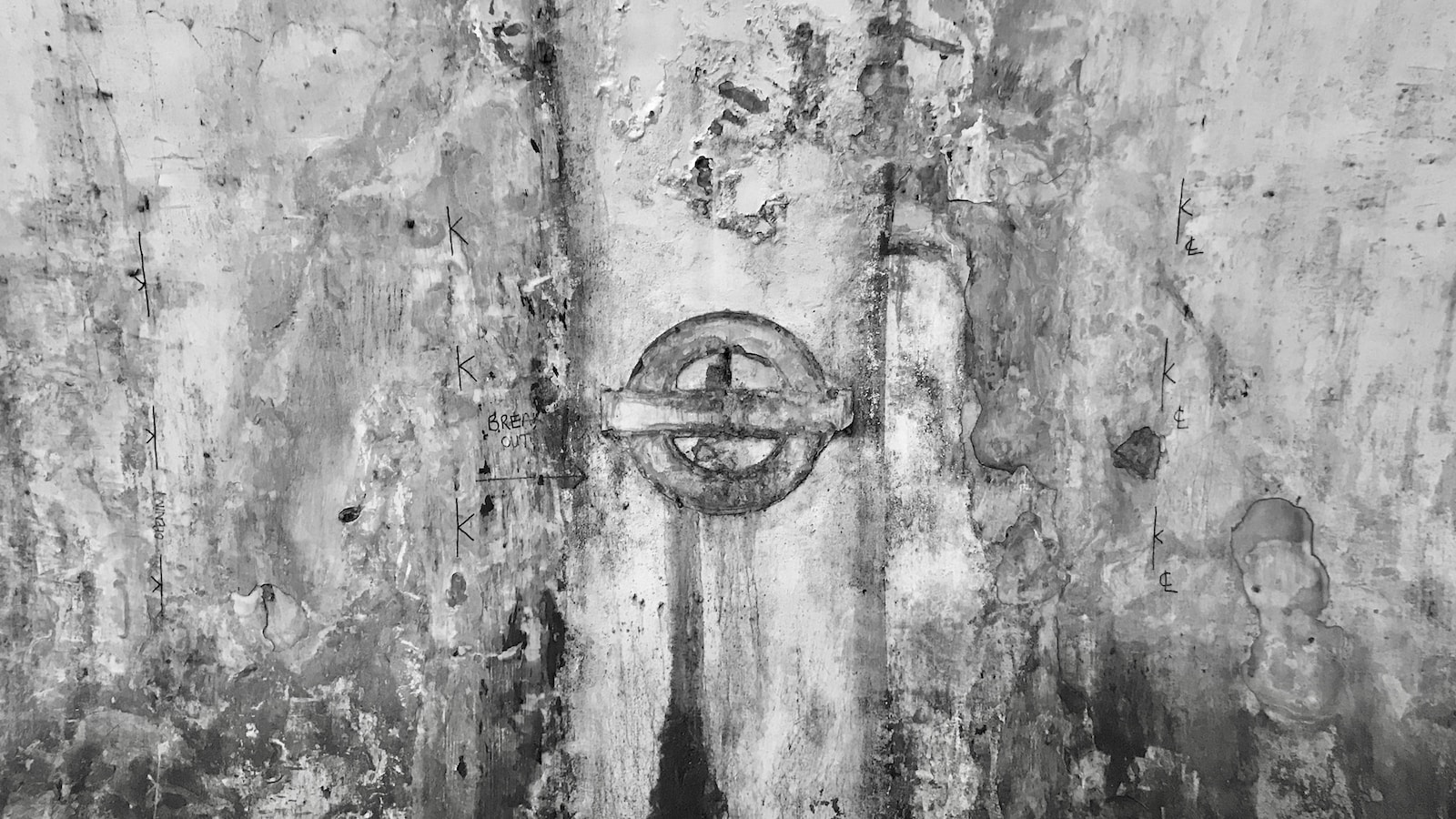How Long Does Air Conditioner Gas Last?

When we talk about HVAC systems today, air conditioning really stands out, especially for those in hot or humid areas. Our ACs use a special kind of gas, known as refrigerant, to keep our homes cool. Many people wonder, how long does air conditioner gas last? This gas is essential for the AC’s operation. By understanding its lifespan and how to take care of it, we can ensure our ACs stay in tip-top shape for years to come. For more insights and expert advice, visit barnetclimatecontrol.com
The Heart of Cooling: Refrigerant
Refrigerant is the lifeblood of your air conditioning system. Unlike gasoline in a car, this gas, often called refrigerant, doesn’t get “used up.” It continuously cycles through the system, taking in heat from inside your home and expelling it outside. When cared for properly, the refrigerant can last as long as the AC unit, typically around 10-15 years. That said, its lifespan might be cut short by leaks or other complications.
The Lifespan of Air Conditioner Gas
The longevity of air conditioner gas varies depending on several factors, primarily the type of refrigerant used and the system’s maintenance. Here’s a breakdown of these factors:
-
Type of Refrigerant
The type of refrigerant your air conditioner uses significantly affects its lifespan. R-22, being an older refrigerant, has a shorter shelf life. It typically lasts around 10-15 years before it needs replacement. On the other hand, R-410A has a longer lifespan, with an average of 20-25 years.
-
Proper Installation
The initial installation of your air conditioning system is crucial in determining the gas’s longevity. A well-installed system will have a more extended lifespan. It’s essential to hire a qualified technician for the installation process to ensure it’s done correctly.
-
Regular Maintenance
Routine maintenance is key to extending the life of your air conditioner gas. This includes cleaning coils, checking refrigerant leaks, and replacing air filters. Neglecting maintenance can lead to a shorter lifespan for your air conditioning system.
-
Temperature and Usage
Climate and usage patterns also impact how long your air conditioner gas will last. Systems in regions with extreme temperatures may experience more wear and tear, reducing the lifespan of the gas. Additionally, overuse or improper settings can lead to a shorter lifespan.
Signs that Your Air Conditioner Gas Needs Attention
If you’re wondering, how long does air conditioner gas last? it’s essential to know the signs that indicate when your air conditioner gas may be running low or having issues. To determine the state of your AC’s refrigerant, be on the lookout for these symptoms:
- A decrease in your air conditioner’s cooling ability can hint at low refrigerant levels.
- Hearing unusual hissing or bubbling noises from the AC unit often signals a refrigerant leak.
- Finding ice on the evaporator coil is a clear indicator of a refrigerant issue.
Prolonging the Life of Your Air Conditioner Gas
To ensure your air conditioner gas lasts as long as possible, consider the following tips:
-
Maintaining Your AC to Extend the Life of Your Gas
Regular maintenance is key to prolonging the life of your AC gas. Cleaning filters, checking for leaks, and ensuring that the system operates without obstruction can prevent premature loss of refrigerant. This not only ensures the efficiency of your AC unit but also reduces the need for frequent refills.
-
Replacing Coolant and Other Fluids
While the primary refrigerant in your AC might not need frequent replacing, there are other fluids, like lubricants, which need regular attention. Ensure these are checked during routine maintenance to keep your AC running smoothly.
-
Service Visits to Ensure Peak Efficiency
Even if you’re diligent about home maintenance, it’s essential to have professional service visits at least once a year. Technicians can check for hidden issues, top off refrigerant levels if needed, and ensure that all components are working at peak efficiency.
-
Effects of Poor Maintenance
Neglecting AC maintenance can lead to various problems. Besides reduced efficiency and increased energy bills, you can also experience a reduced life of your AC gas due to leaks or contamination. This can lead to more frequent needs for gas replacement, adding to the overall cost of running the AC.
-
Storing Gas Correctly
If you have spare refrigerant bottles, ensure they are stored in a cool, dry place away from direct sunlight. Proper storage conditions prevent the gas from degrading or leaking.
Additional Considerations When Buying New AC
When purchasing a new AC unit, consider models that use eco-friendly refrigerants. Some older refrigerants are being phased out due to their environmental impact. Newer models are not only more efficient but also use gases that are less harmful to the environment.
Key Takeaways
The lifespan of your air conditioner gas depends on factors like the type of refrigerant, installation quality, maintenance, and usage patterns. To maximise the longevity of your HVAC system and refrigerant, regular care and professional attention are essential. By following these guidelines, you can enjoy the cooling comfort of your air conditioner for many years to come.









